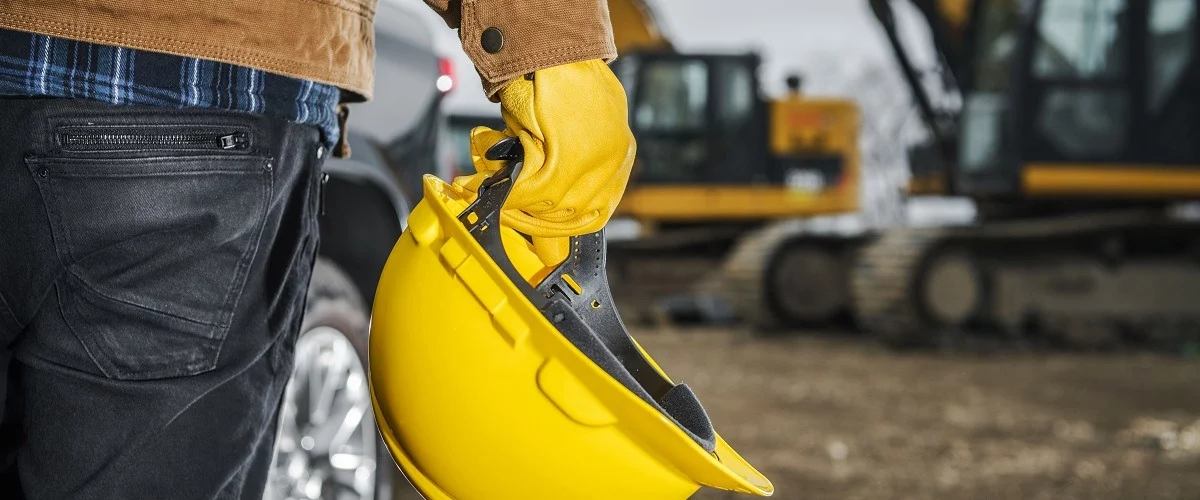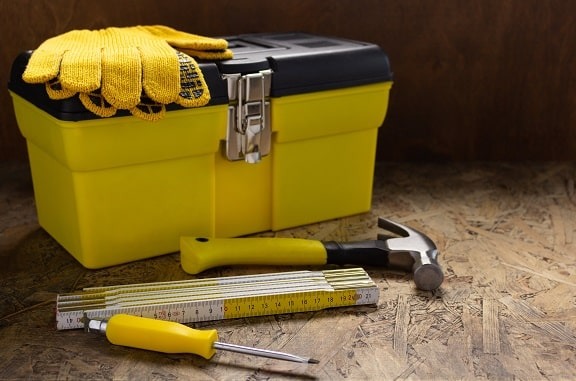


Our objective at PBIB is to offer comprehensive coverage that safeguards your Excavation Contractor business against any potential losses. As insurance brokers, we have the flexibility to select from a range of insurance programs and tailor them to meet your specific insurance requirements. To protect your business from losses that may arise from property damage, personal injury, employee injuries, damage or loss to vehicles or tools & equipment, including legal fees and indemnity, we strongly recommend the following coverages:
PBIB's standard practice is to quote your insurance through multiple insurance carriers to provide you with the best price and coverage that meets your specific needs. All policies have adjustable payment terms, such as annual or monthly payments.

General Liability is the most important insurance coverage for excavators because it protects your company from third-party claims such as property damage or jury verdicts because of your work product. It only takes one minor hiccup to permanently alter the course of your business. If a third party suffers bodily harm or property destruction as a result of your company's negligence, the resulting lawsuit could seriously harm, if not destroy, your business. Our general liability insurance will protect your business assets, your employees, and your overall company from vulnerable circumstances and devastating lawsuits.
General liability insurance may be required by law for your Excavation Contractor license in the state or county where you work. PBIB provides full-service certificates Monday through Friday and 24/7 self-service certificates, this is what we call "Insurance on your time".
General Liability for Doors & Window Contractors can help you pay for:

Worker's compensation is insurance that provides financial benefits and medical care to employees who are injured or become ill because of their work. Excavator operators are at risk of various injuries due to the nature of their job, such as crush injuries, falls, and repetitive stress injuries. Worker's compensation is particularly important for excavator operators, as it can cover the high costs of medical treatment and lost wages. If you're an excavator operator, it's crucial to know your rights and protections under worker's compensation laws in your state.
Workers Compensation may be required in your state or county where you work for your Excavation Contractor license. PBIB provides full-service certificates Monday through Friday and 24/7 self-service certificates, this is what we call "Insurance on your time".
Workers' Compensation for Excavators can help you pay for:

Without your company vehicles, it's simply not feasible to operate your Excavators and transport necessary materials and tools to the jobsite. PBIB understands the essential role your wheeled workforce plays, and we provide the insurance coverage you require to ensure that any damage or theft to your trucks doesn’t hinder your ability to work efficiently. Our priority is to get you back to work as quickly as possible.
Excavators rely on Commercial Auto insurance as a crucial insurance coverage, often mandated by projects. Our comprehensive insurance certificates are available from Monday to Friday, enabling you to commence work promptly. In addition, our 24/7 self-service certificates offer you the flexibility to obtain "Insurance on your time".
Commercial Auto for Excavators can help you pay for:

Excavators rely on Commercial Auto insurance as a crucial insurance coverage, often mandated by projects. Our comprehensive insurance certificates are available from Monday to Friday, enabling you to commence work promptly. In addition, our 24/7 self-service certificates offer you the flexibility to obtain "Insurance on your time".
Tools & Equipment for Excavators can help you pay for damaged or stolen:

Excavation work is risky to people and property. Professional liability insurance (also called errors and omissions insurance) can protect excavators from losses due to mistakes or negligence. This insurance covers legal costs and damages resulting from claims made by clients, third parties, or regulators for errors, omissions, or negligence during excavation. Without this insurance, excavators could face financial losses that could harm their business. Excavators should review their policy carefully to ensure it covers the risks of their work and work with a reputable insurance provider to stay protected.
Professional Liability Insurance can help your business with:

A license bond is a type of surety bond that some states require excavators to obtain before they can operate legally. The bond helps ensure that the excavator will follow all relevant laws and regulations related to their work, and that they will fulfill any contractual obligations they have with their clients.
If an excavator does not comply with these requirements, a claim can be made against the license bond. If the claim is found to be valid, the bond company will compensate the claimant up to the amount of the bond. The excavator is then responsible for repaying the bond company for any payouts made.
Getting a license bond can give clients and regulators confidence that an excavator is committed to operating with integrity and following the rules. It can also help protect the excavator's business by covering any losses that may arise from claims against their license.
Newark is surrounded by a large amount of public parkland over 12,000 acres although the city is located roughly halfway between Philadelphia (approximately 45 miles away and Baltimore is part of densely populated New Castle County. To the south is Iron Hill Park (part of the New Castle County Park System), to the west (in Cecil County, Maryland) is Fair Hill Natural Resources Management Area, and to the North is White Clay Creek State Park and White Clay Creek Preserve (in Chester County, Pennsylvania). Also nearby is Middle Run Valley Natural Area, which is part of the New Castle County Park System. These parks provide ample hiking, mountain biking, and horseback riding opportunities. The Fair Hill Natural Resources Management Area and large portions of White Clay Creek State Park consist of land formerly owned by the Du Pont family that was later ceded to the states of Maryland and Delaware, respectively.
Wikipedia